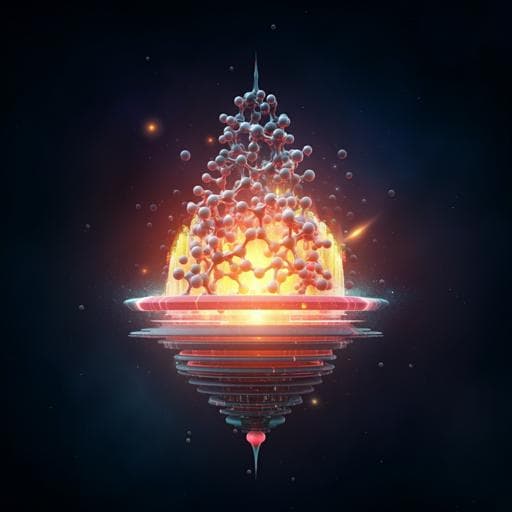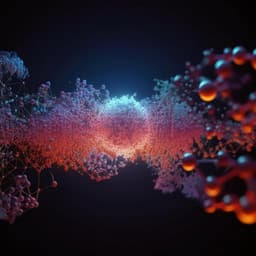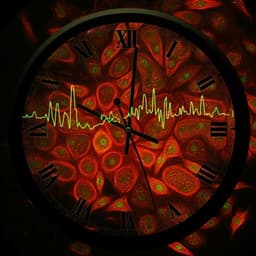
Chemistry
Enabling late-stage drug diversification by high-throughput experimentation with geometric deep learning
D. F. Nippa, K. Atz, et al.
Discover how a groundbreaking platform that integrates geometric deep learning with high-throughput reaction screening revolutionizes late-stage functionalization in drug development. This innovative research, conducted by a team including David F. Nippa and Kenneth Atz, reveals powerful strategies for optimizing drug candidates through predictive modeling and enhanced reaction yields.
Related Publications
Explore these studies to deepen your understanding of the subject.







